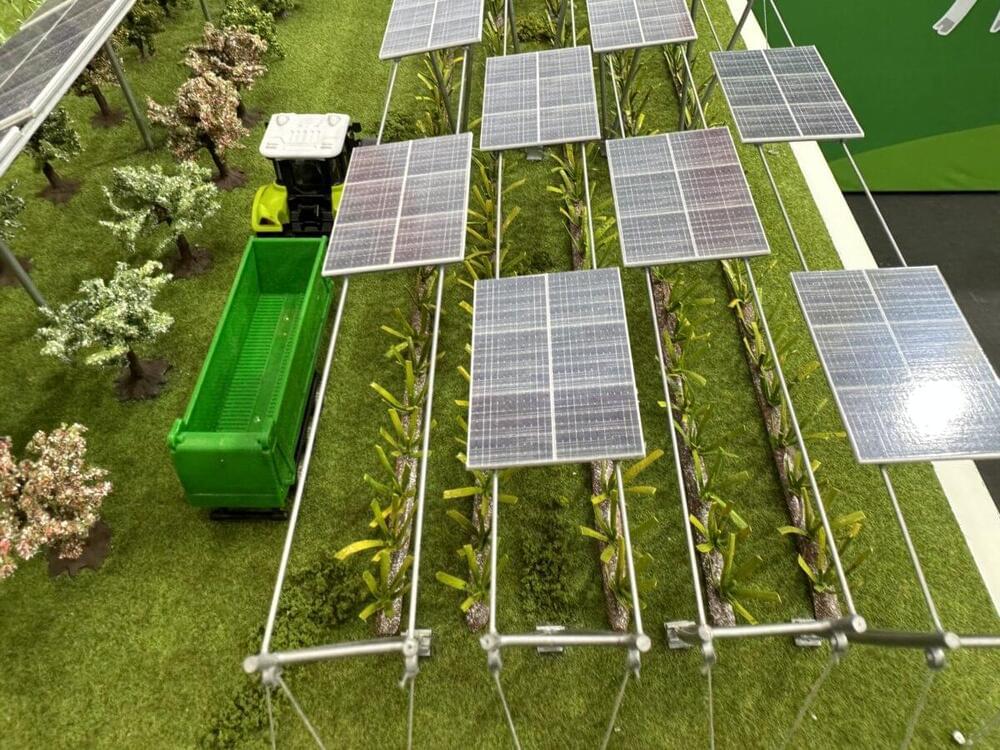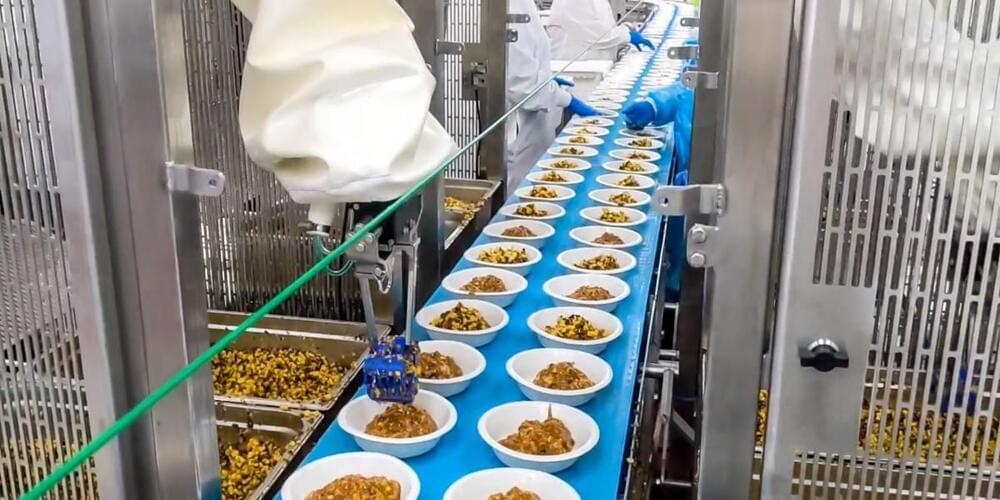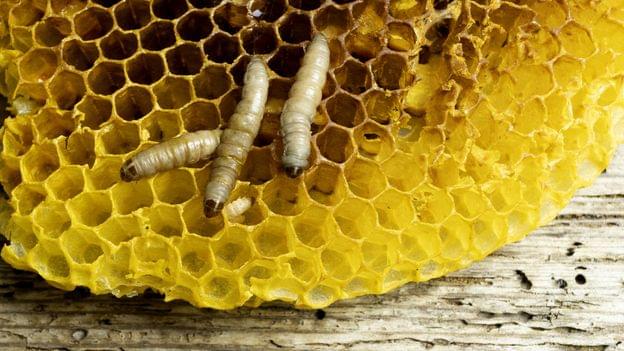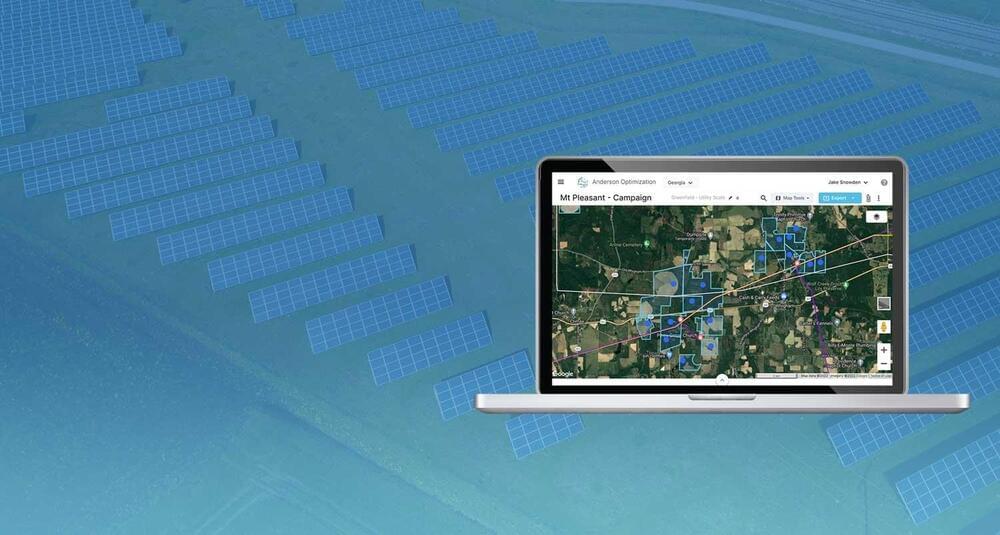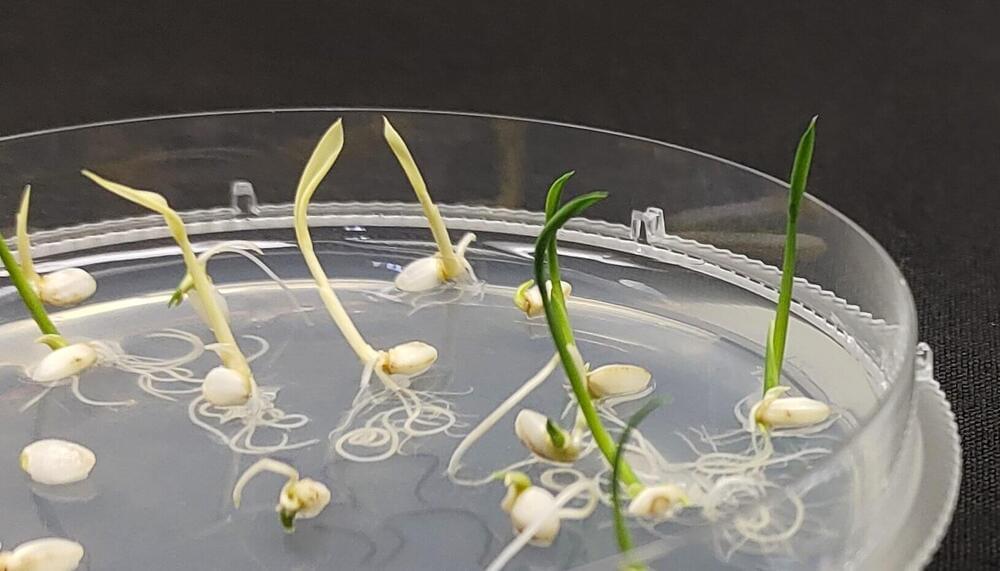
Genome editing stands as one of the most transformative scientific breakthroughs of our time. It allows us to dive into the very code of life and make precise modifications. Imagine being able to rewrite the genetic instructions that determine almost everything about an organism—how it looks, behaves, interacts with its environment, and its unique characteristics. This is the power of genome editing.
We use genome editing tools to tweak the genetic sequences of microbes, animals, and plants. Our goal? To develop desired traits and eliminate unwanted ones. This technology’s impact has been felt across biotechnology, human therapeutics, and agriculture, bringing rapid advancements and solutions.
The most widely used proteins in genome editing are Cas9 and Cas12a. These proteins are like the scissors of the genetic world, allowing us to cut and edit DNA. However, they are quite bulky, consisting of 1,000–1,350 amino acids. Advanced editing technologies like base editing and prime editing require the fusion of additional proteins with Cas9 and Cas12a, making them even bulkier. This bulkiness poses a challenge to delivering these proteins efficiently into cells, where the genetic material resides.
